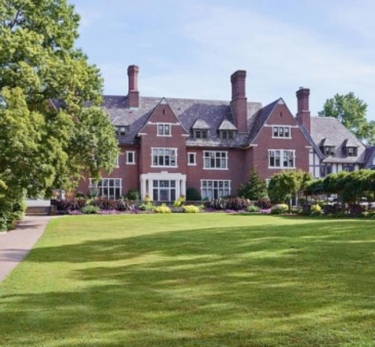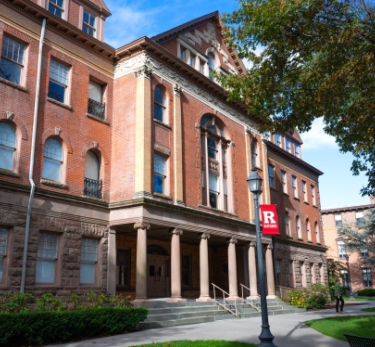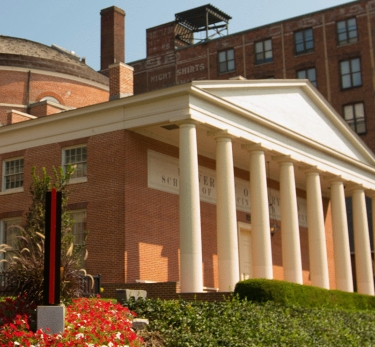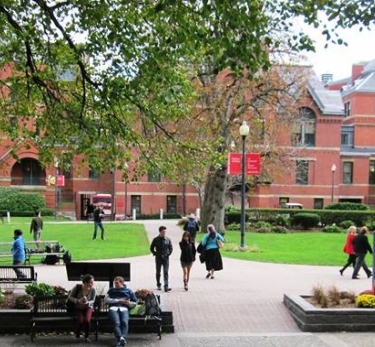Full-tuition scholarships for the length of their programs.
Apply
Apply for the Alliance for Genetic Counseling Fellowship
Candidates apply directly to the Alliance school or schools they are interested in attending, following the individual requirements and deadlines.
Start Here
Step 1: Select Your School. Explore the genetic counseling programs at the AGCF consortium schools. You can click on the name of each participating school to visit the website for their program. Programs typically host virtual information sessions during the summer and early fall, another great way to learn more about them.
 University of Pennsylvania Perelman School of Medicine
University of Pennsylvania Perelman School of Medicine
 Sarah Lawrence College
Sarah Lawrence College
 Rutgers The State University of New Jersey
Rutgers The State University of New Jersey
 University of Maryland School of Medicine
University of Maryland School of Medicine
 Boston University
Boston University
Step 2: Apply
The AGCF scholarship application is integrated into the admissions process for each of the consortium programs. All five programs share a common essay prompt, but deadlines and admissions requirements may vary. Be sure to review the specific guidelines on each program’s website for detailed instructions.
Step 3: Interviews
Each of the five consortium program will independently review applications and invite selected candidates to interview based on their individual admissions criteria. Admission to a Master of Science in Genetic Counseling program is highly competitive, with more applicants than available spots. If you're invited to interview, it's also an opportunity to learn more about the AGCF Scholarship.
Step 4: Ranking the AGCF Scholarship in the NMS Match
All accredited Master of Science in Genetic Counseling programs, as well as applicants seeking to enroll, participate in the Genetic Counseling Admissions Match (GC Admissions Match) through the National Matching Service.
The GC Admissions Match uses an algorithm to pair applicants with their preferred programs while helping programs secure their desired candidates. The results of the Match are announced in mid-April, and they are binding for both programs and applicants.
You can learn more about the Match at https://natmatch.com/gcadmissions/.
What do scholars receive?
An educational fellowship to aid them in the pursuit of their studies and further their education and training.
Faculty mentors to support their education.
Travel expenses to attend bi-annual retreats in Philadelphia, Pennsylvania, and Boston, Massachusetts.
Professional mentors (practicing genetic counselors) that focus on career development. This support is essential as graduates will enter a profession with few role models.
Foster community through virtual monthly fellowship meetings and four in-person meetings throughout their time in the program.